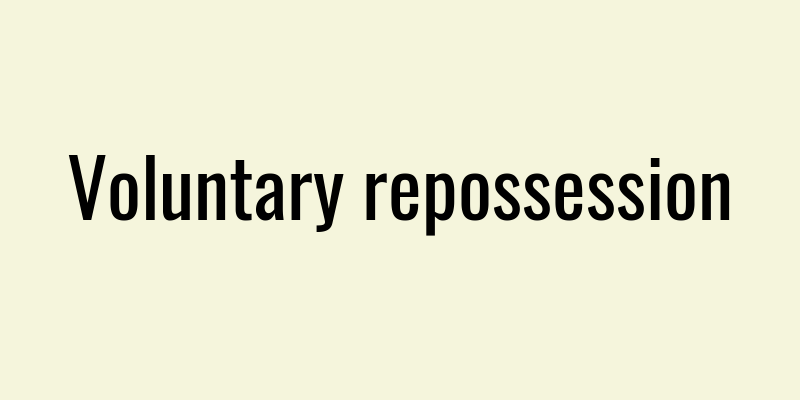
Pros and Cons of Student Loans
Exploring the Benefits and Drawbacks
Student loans can be a valuable tool for many individuals seeking higher education. However, they also come with potential drawbacks that borrowers should carefully consider. In this article, we will delve into the advantages and disadvantages of student loans, helping you make an informed decision about your educational financing.
Whether you're considering taking out a student loan or are already dealing with the consequences of borrowing for education, understanding both the benefits and pitfalls is crucial. Let's explore the pros and cons of student loans in detail.
Pros
Student loans offer more than just financial assistance for education. Despite the negative stigma associated with them, there are several advantages to consider.
Missing a pro?
Cons
While student loans can provide critical financial support for education, they also come with potential downsides that borrowers should be aware of before pursuing this form of financing.
Missing a con?
Conclusion
Understanding the pros and cons of student loans is crucial for making informed decisions about higher education financing. While they can provide essential financial support, the long-term implications of borrowing for education should not be underestimated. It’s essential for individuals to carefully weigh their options and consider alternative strategies before committing to student loans.
What do you think?
Do you think the pros outweigh the cons?








